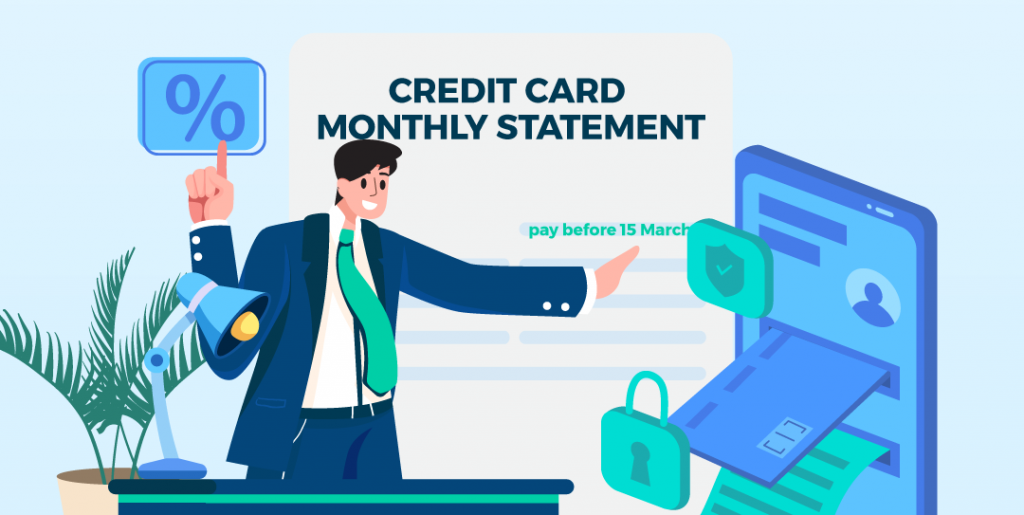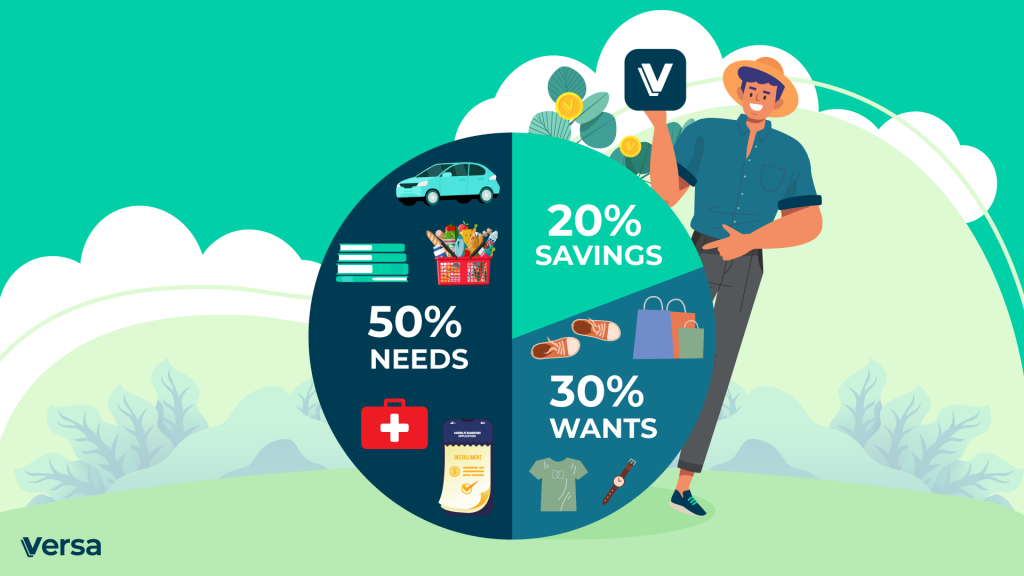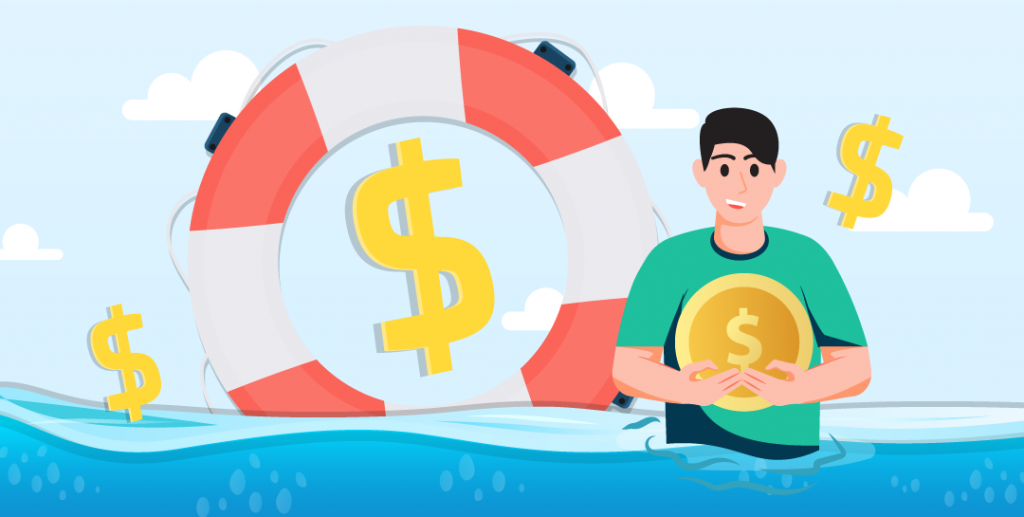
Financial success is not about having a steady high income, being lucky (ie. winning the jackpot or first prize lottery), or having a positive mindset. Financial success means achieving your desired future with your money, which is different for everyone.
For example, some people want to become millionaires and others just want enough money to retire and pursue their interests without any debt, stress and worries.
Whatever your desired future is, the keys to financial success are the same. They are:
- Income exceeds expenses
- No bad debt
- At least 6 months’ worth of emergency funds
- Savings plan for your financial goals
- Investing to retire securely and comfortably at your desired age
Achieving financial success takes a lot of planning, consistency and discipline to set aside money to save and invest in your future on a monthly basis. Here are the steps to achieving financial success:
#1 Get out of bad debts

Before you start saving or doing anything else with your money, you’ll want to pay off bad debts such as large credit card debts or outstanding Buy Now Pay Later (BNPL) instalments.
You should always aim to pay off your monthly credit card statement or instalments in full, and if you can’t afford to do that, it means that you simply can’t afford those purchases.
What you should avoid is paying the required Minimum balance. When you’re only paying the minimum, there’ll be a tipping point where a significant portion of your debt goes to paying interest and fees, rather than your actual debt.
The interest and fees that you’re paying to service your debts are priorities that should be addressed immediately. You can learn more about the differences between good debts and bad debts here.
#2 Set a monthly budget

When you receive your paycheck at the end of the month, always remember to plan your monthly budget and expenses. Establishing a budget will help you track your spending habits, and avoid overspending.
Consider the 50/30/20 rule to plan your monthly budget, which provides a general roadmap to financial success for your future self.
In summary, 50% of your net income should cover needs like rent, groceries and annual expenditures such as taxes and insurance. 30% goes to wants like clothes, dining out, Netflix and all other non-necessary expenditures. 20% should go to savings like starting an emergency fund, and your financial goals.
However, if you’ve got large credit card debts or outstanding BNPL instalments, you should concentrate on using the 30% and 20% budget to pay them off as soon as possible.
#3 Build your emergency fund

What is an emergency fund? An emergency fund is a sum of money saved up for unexpected emergencies such as losing your job or needing major surgery.
How much should you save for emergencies? The standard answer from financial planners is to have between 3 to 6 months of savings based on your total household expenses (ie. rent, loans, food and necessities). However, having lived through the Covid-19 pandemic, and the outlook of the current economic downturn, some experts have suggested that 8-12 months of savings may be a better idea.
If you don’t have an emergency fund, you should start one immediately, as emergencies can strike anytime. Not being prepared can be stressful, and could quickly get you into large amounts of debt.
You’ll need to be able to access your total emergency fund within a day or two. Consider growing your emergency fund with Versa Cash! Versa Cash invests in low-risk Money Market Funds, that give you stable returns and allows you to withdraw anytime with all your earnings, without penalties.
#4 Set financial goals

Once you have enough emergency funds saved up… Congrats! You’re prepared for any rainy day and you can now begin planning your desired future and financial goals.
Perhaps you want to take a vacation or buy your own house in the next 5 years. Whatever your goals might be, you have a better chance of achieving them if you plan and save consistently.
Divide your goals into three categories: short-term, medium-term and long-term.
- Short-term goals might include buying the latest phone, or planning for a holiday.
- Medium-term goals could be buying a new car or saving for a house down payment.
- Long-term goals might include saving for retirement or your child’s college fees.
Consider putting your savings for your short and medium-term goals in a low-risk fund like Versa Cash, which gives you stable returns and allows you to withdraw anytime. It’s better than parking it in your conventional savings account, where you could lose out to inflation or a fixed deposit account that locks your money for a period of time.
For long-term goals, consider investing in medium to high-risk funds like Versa Invest! You’ll have time to ride the market ups and downs through dollar cost averaging and obtain the highest possible returns, for the level of risk taken, over a long period of time.
What does financial success look like?
You’ve achieved financial success when you’re not stressed about your finances, you have sufficient emergency funds set aside for unexpected events and you’re able to retire comfortably and pursue your interest whenever you want to.
To achieve financial success, you have to get into the habit of saving consistently — even if it’s a small amount.
Remember, you’re starting small but you’re making something big by building your desired future in the long run. As the saying goes “Sikit-sikit, lama-lama jadi bukit.” #YouCanDuit
